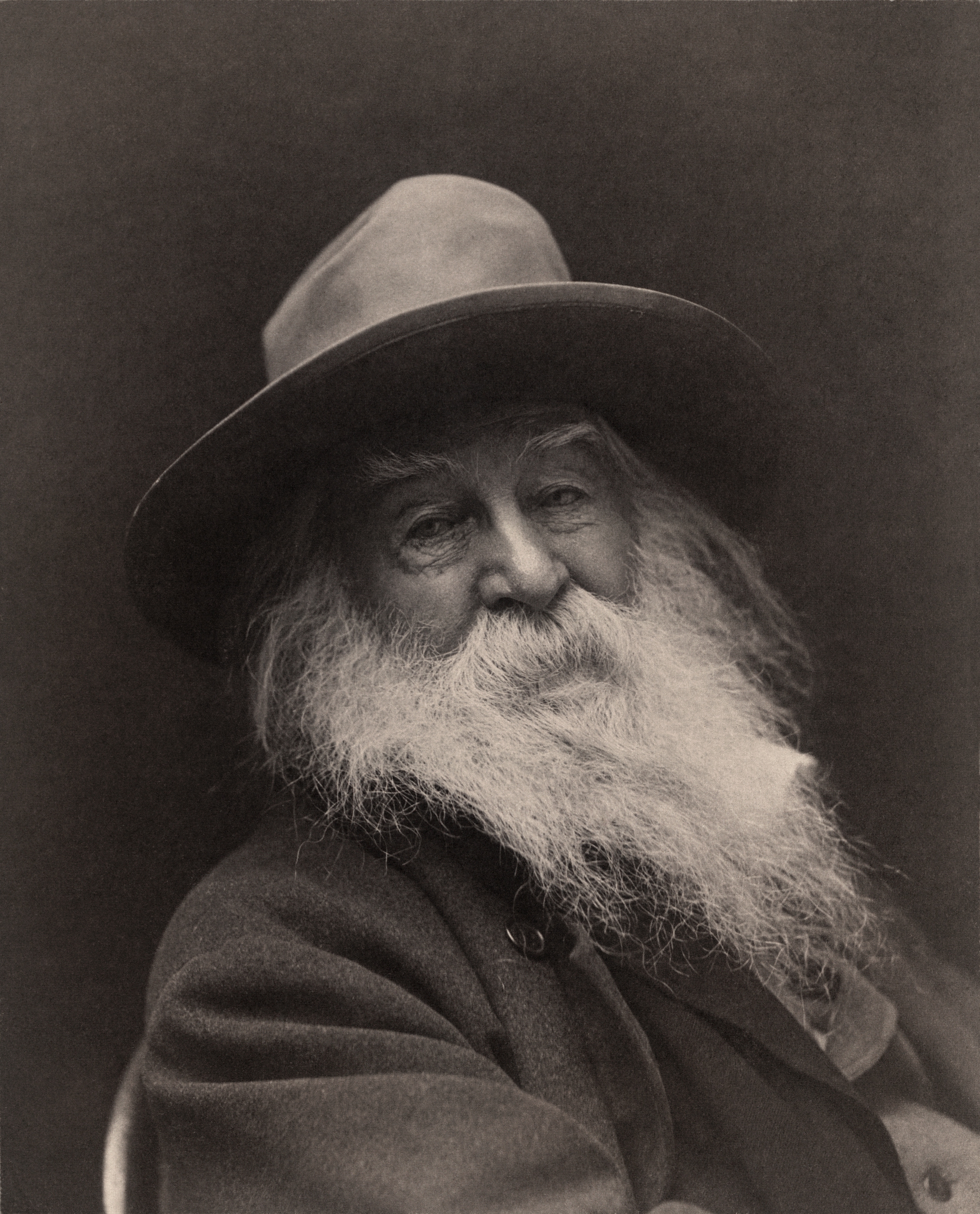|
Mirtemir
Mirtemir Tursunov ( uz, Миртемир Турсунов) (May 30, 1910 - January 25, 1978) most commonly known simply as Mirtemir, was an Uzbek poet and literary translator. In addition to writing his own poetry, Mirtemir translated the works of many famous foreign poets, such as Abai Qunanbaiuli, Aleksandr Pushkin, Heinrich Heine, Magtymguly Pyragy, Maxim Gorky, Mikhail Lermontov, Nâzım Hikmet, Nikolay Nekrasov, Pablo Neruda, Samad Vurgun, and Shota Rustaveli into the Uzbek language. Mirtemir became a National Poet of the Uzbek SSR in 1971. He received many other awards for his works, including the State Berdaq Prize (1977) and the State Hamza Prize (1979). In 2002, Mirtemir was posthumously awarded the National Order of Merit ( uz, Buyuk xizmatlari uchun), one of independent Uzbekistan's most prestigious awards. Life and work Mirtemir Umarbekovich Tursunov was born on May 30, 1910, in the village of Ikan, Turkistan. In 1932, Mirtemir graduated from the Pedagogical Unive ... [...More Info...] [...Related Items...] OR: [Wikipedia] [Google] [Baidu] |
Epic Of Manas
The Epic of Manas ( ky, Манас дастаны, Manas dastanı, ماناس دستانی), is a traditional epic poem dating to the 18th century but claimed by Kyrgyz tradition to be much older. Manas is said to be based on Bars Bek who was the first khagan of the Kyrgyz Khaganate. The plot of Manas revolves around a series of events that coincide with the history of the region in the 9th century, primarily the interaction of the Kyrgyz people with other Turkic and Chinese people. The government of Kyrgyzstan celebrated the 1,000th anniversary of Manas in 1995. The eponymous hero of Manas and his Oirat enemy Joloy were first found written in a Persian manuscript dated to 1792–93.Tagirdzhanov, A. T. 1960. "Sobranie istorij". Majmu at-tavarikh, Leningrad. In one of its dozens of iterations, the epic poem consists of approximately 500,000 lines. Narrative The epic tells the story of Manas, his descendants, and their exploits against various foes. The Epic of Manas is divid ... [...More Info...] [...Related Items...] OR: [Wikipedia] [Google] [Baidu] |
State Hamza Prize
The State Hamza Prize or simply the Hamza Prize, officially the State Prize of the Uzbek SSR Named After Hamza ( uz-Latn-Cyrl, Hamza nomidagi Oʻzbekiston SSR Davlat mukofoti, Ҳамза номидаги Ўзбекистон ССР Давлат мукофоти; russian: Государственная премия Узбекской ССР имени Хамзы) was a state prize established in the Uzbek SSR in 1964 to recognize outstanding achievement in literature, arts, and architecture. The prize was named in honor of Hamza Hakimzade Niyazi, an early pioneer of literature in the Uzbek SSR. Background The award was established in 1964. In later years, the prize was awarded on October 27, the date of establishment of the Uzbek SSR. The medal was to be worn on the right side. Prominent recipients of the award include Abdulla Oripov, Ali Hamroyev, Chingiz Akhmarov, Erkin Vohidov, Halima Nosirova, Komil Yormatov, Malik Qayumov, Oybek, Mirtemir, Sora Eshontoʻrayeva, and Yo ... [...More Info...] [...Related Items...] OR: [Wikipedia] [Google] [Baidu] |
National Poet
A national poet or national bard is a poet held by tradition and popular acclaim to represent the identity, beliefs and principles of a particular national culture. The national poet as culture hero is a long-standing symbol, to be distinguished from successive holders of a bureaucratically-appointed poet-laureate office. The idea and honoring of national poets emerged primarily during Romanticism, as a figure that helped consolidation of the nation states, as it provided validation of their ethno-linguistic groups. Most national poets are historic figures, though a few contemporary writers working in relatively new or revived national literatures are also considered "national poets." Though not formally elected, national poets play a role in shaping a country's understanding of itself. Some nations may have more than one national poet; the idea of a single one is always a simplification. It has been argued that a national poet "must write poetry that close ... [...More Info...] [...Related Items...] OR: [Wikipedia] [Google] [Baidu] |
Infobox Writer/doc
An infobox is a digital or physical table used to collect and present a subset of information about its subject, such as a document. It is a structured document containing a set of attribute–value pairs, and in Wikipedia represents a summary of information about the subject of an article. In this way, they are comparable to data tables in some aspects. When presented within the larger document it summarizes, an infobox is often presented in a sidebar format. An infobox may be implemented in another document by transcluding it into that document and specifying some or all of the attribute–value pairs associated with that infobox, known as parameterization. Wikipedia An infobox may be used to summarize the information of an article on Wikipedia. They are used on similar articles to ensure consistency of presentation by using a common format. Originally, infoboxes (and templates in general) were used for page layout purposes. An infobox may be transcluded into an article by ... [...More Info...] [...Related Items...] OR: [Wikipedia] [Google] [Baidu] |
Pablo Neruda
Ricardo Eliécer Neftalí Reyes Basoalto (12 July 1904 – 23 September 1973), better known by his pen name and, later, legal name Pablo Neruda (; ), was a Chilean poet-diplomat and politician who won the 1971 Nobel Prize in Literature. Neruda became known as a poet when he was 13 years old, and wrote in a variety of styles, including surrealist poems, historical epics, overtly political manifestos, a prose autobiography, and passionate love poems such as the ones in his collection ''Twenty Love Poems and a Song of Despair'' (1924). Neruda occupied many diplomatic positions in various countries during his lifetime and served a term as a Senator for the Chilean Communist Party. When President Gabriel González Videla outlawed communism in Chile in 1948, a warrant was issued for Neruda's arrest. Friends hid him for months in the basement of a house in the port city of Valparaíso, and in 1949 he escaped through a mountain pass near Maihue Lake into Argentina; he would not retu ... [...More Info...] [...Related Items...] OR: [Wikipedia] [Google] [Baidu] |
1910 Births
Year 191 ( CXCI) was a common year starting on Friday (link will display the full calendar) of the Julian calendar. At the time, it was known as the Year of the Consulship of Apronianus and Bradua (or, less frequently, year 944 ''Ab urbe condita''). The denomination 191 for this year has been used since the early medieval period, when the Anno Domini calendar era became the prevalent method in Europe for naming years. Events By place Parthia * King Vologases IV of Parthia dies after a 44-year reign, and is succeeded by his son Vologases V. China * A coalition of Chinese warlords from the east of Hangu Pass launches a punitive campaign against the warlord Dong Zhuo, who seized control of the central government in 189, and held the figurehead Emperor Xian hostage. After suffering some defeats against the coalition forces, Dong Zhuo forcefully relocates the imperial capital from Luoyang to Chang'an. Before leaving, Dong Zhuo orders his troops to loot the tombs of the Ha ... [...More Info...] [...Related Items...] OR: [Wikipedia] [Google] [Baidu] |
Cyrillic
, bg, кирилица , mk, кирилица , russian: кириллица , sr, ћирилица, uk, кирилиця , fam1 = Egyptian hieroglyphs , fam2 = Proto-Sinaitic , fam3 = Phoenician , fam4 = Greek script augmented by Glagolitic , sisters = , children = Old Permic script , unicode = , iso15924 = Cyrl , iso15924 note = Cyrs (Old Church Slavonic variant) , sample = Romanian Traditional Cyrillic - Lord's Prayer text.png , caption = 1780s Romanian text (Lord's Prayer), written with the Cyrillic script The Cyrillic script ( ), Slavonic script or the Slavic script, is a writing system used for various languages across Eurasia. It is the designated national script in various Slavic, Turkic, Mongolic, Uralic, Caucasian and Iranic-speaking countries in Southeastern Europe, Eastern Europe, the Caucasus, Central Asia, North Asia, and East Asia. , around 250 million people in Eurasia use Cyrillic a ... [...More Info...] [...Related Items...] OR: [Wikipedia] [Google] [Baidu] |
Epic Poem
An epic poem, or simply an epic, is a lengthy narrative poem typically about the extraordinary deeds of extraordinary characters who, in dealings with gods or other superhuman forces, gave shape to the mortal universe for their descendants. Etymology The English word ''epic'' comes from Latin ''epicus'', which itself comes from the Ancient Greek adjective (''epikos''), from (''epos''), "word, story, poem." In ancient Greek, 'epic' could refer to all poetry in dactylic hexameter (''epea''), which included not only Homer but also the wisdom poetry of Hesiod, the utterances of the Delphic oracle, and the strange theological verses attributed to Orpheus. Later tradition, however, has restricted the term 'epic' to ''heroic epic'', as described in this article. Overview Originating before the invention of writing, primary epics, such as those of Homer, were composed by bards who used complex rhetorical and metrical schemes by which they could memorize the epic as received i ... [...More Info...] [...Related Items...] OR: [Wikipedia] [Google] [Baidu] |
Kyrgyz People
The Kyrgyz people (also spelled Kyrghyz, Kirgiz, and Kirghiz; ) are a Turkic ethnic group native to Central Asia. Kyrgyzstan is the nation state of the Kyrgyz people and significant diaspora can be found in China, Russia, and Uzbekistan. They speak the Kyrgyz language, the official language of Kyrgyzstan. The earliest Kyrgyz people were the descendants of several central Asian tribes, first emerging in western Mongolia around 201 BC. Modern Kyrgyz people are descended from the Yenisei Kyrgyz that lived in the Yenisey river valley in Siberia. The Kyrgyz people were constituents of the Tiele people, the Göktürks, and the Uyghur Khaganate before spreading throughout Central Asia and establishing their own Kyrgyz Khanate in the 15th century. Etymology There are several theories on the origin of ethnonym ''Kyrgyz''. It is often said to be derived from the Turkic word ''kyrk'' ("forty"), with -''iz'' being an old plural suffix, so ''Kyrgyz'' literally means "a collecti ... [...More Info...] [...Related Items...] OR: [Wikipedia] [Google] [Baidu] |
Literature
Literature is any collection of written work, but it is also used more narrowly for writings specifically considered to be an art form, especially prose fiction, drama, and poetry. In recent centuries, the definition has expanded to include oral literature, much of which has been transcribed. Literature is a method of recording, preserving, and transmitting knowledge and entertainment, and can also have a social, psychological, spiritual, or political role. Literature, as an art form, can also include works in various non-fiction genres, such as biography, diaries, memoir, letters, and the essay. Within its broad definition, literature includes non-fictional books, articles or other printed information on a particular subject.''OED'' Etymologically, the term derives from Latin ''literatura/litteratura'' "learning, a writing, grammar," originally "writing formed with letters," from ''litera/littera'' "letter". In spite of this, the term has also been applied to spoken or s ... [...More Info...] [...Related Items...] OR: [Wikipedia] [Google] [Baidu] |
Moscow
Moscow ( , US chiefly ; rus, links=no, Москва, r=Moskva, p=mɐskˈva, a=Москва.ogg) is the capital and largest city of Russia. The city stands on the Moskva River in Central Russia, with a population estimated at 13.0 million residents within the city limits, over 17 million residents in the urban area, and over 21.5 million residents in the metropolitan area. The city covers an area of , while the urban area covers , and the metropolitan area covers over . Moscow is among the world's largest cities; being the most populous city entirely in Europe, the largest urban and metropolitan area in Europe, and the largest city by land area on the European continent. First documented in 1147, Moscow grew to become a prosperous and powerful city that served as the capital of the Grand Duchy that bears its name. When the Grand Duchy of Moscow evolved into the Tsardom of Russia, Moscow remained the political and economic center for most of the Tsardom's history. When th ... [...More Info...] [...Related Items...] OR: [Wikipedia] [Google] [Baidu] |





.jpg)
